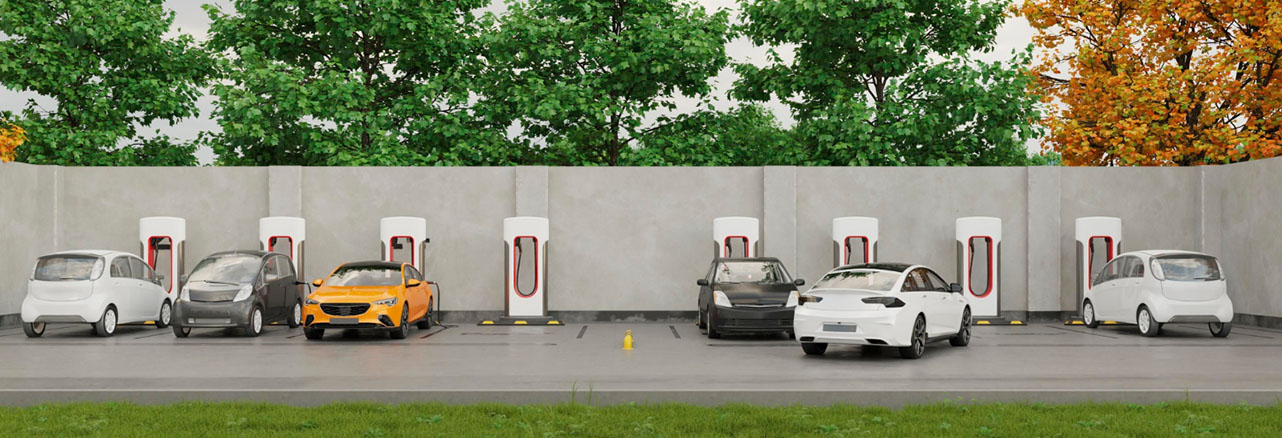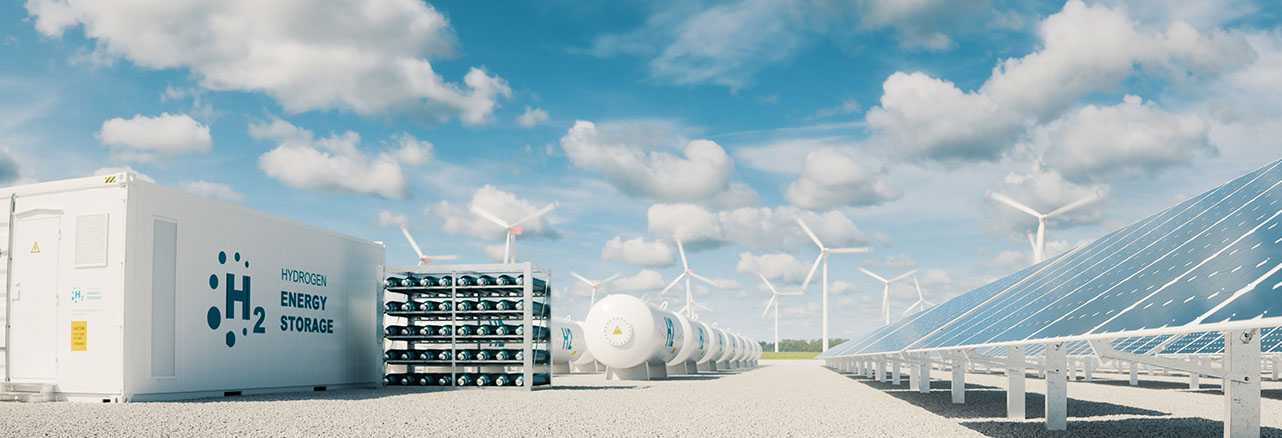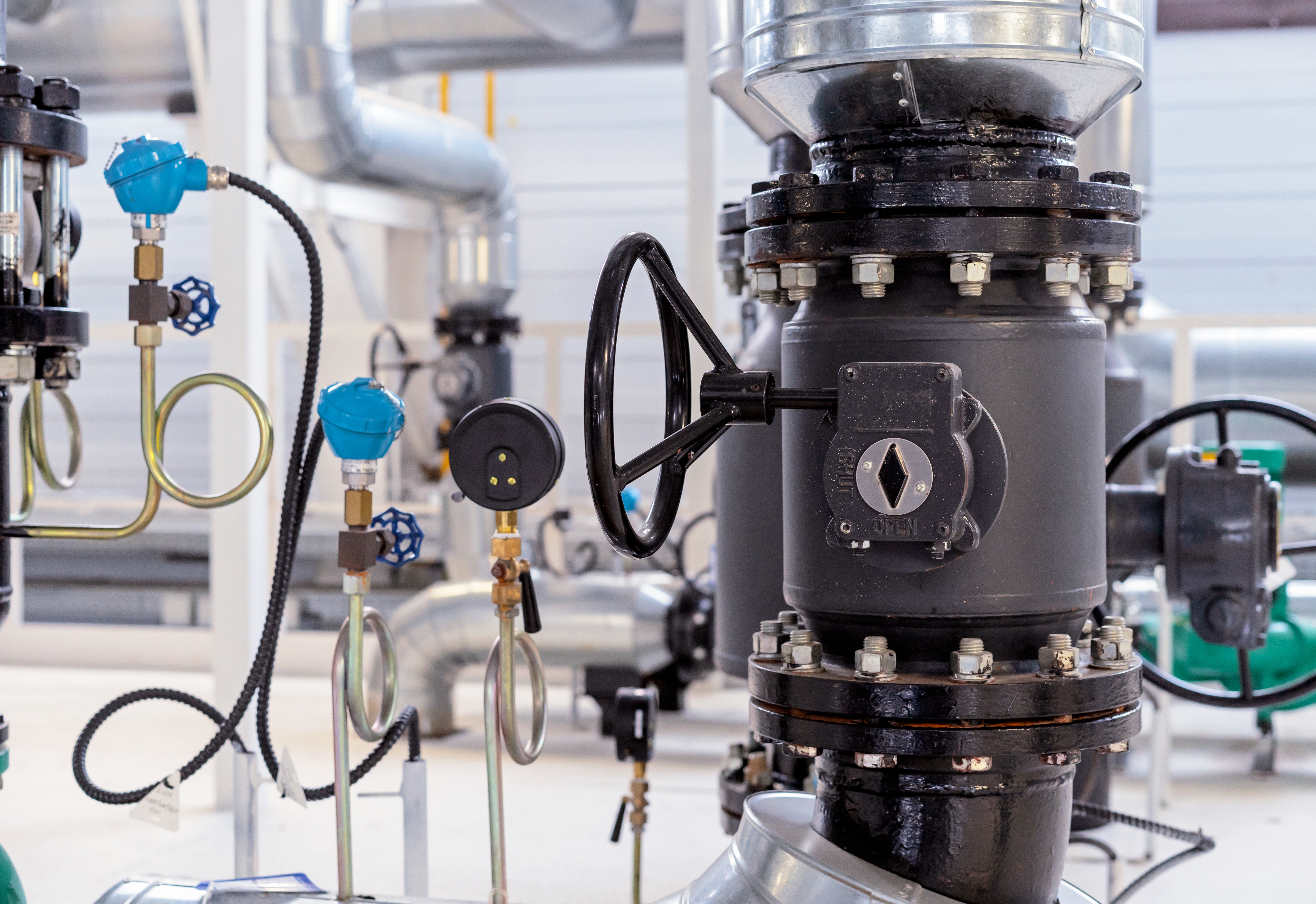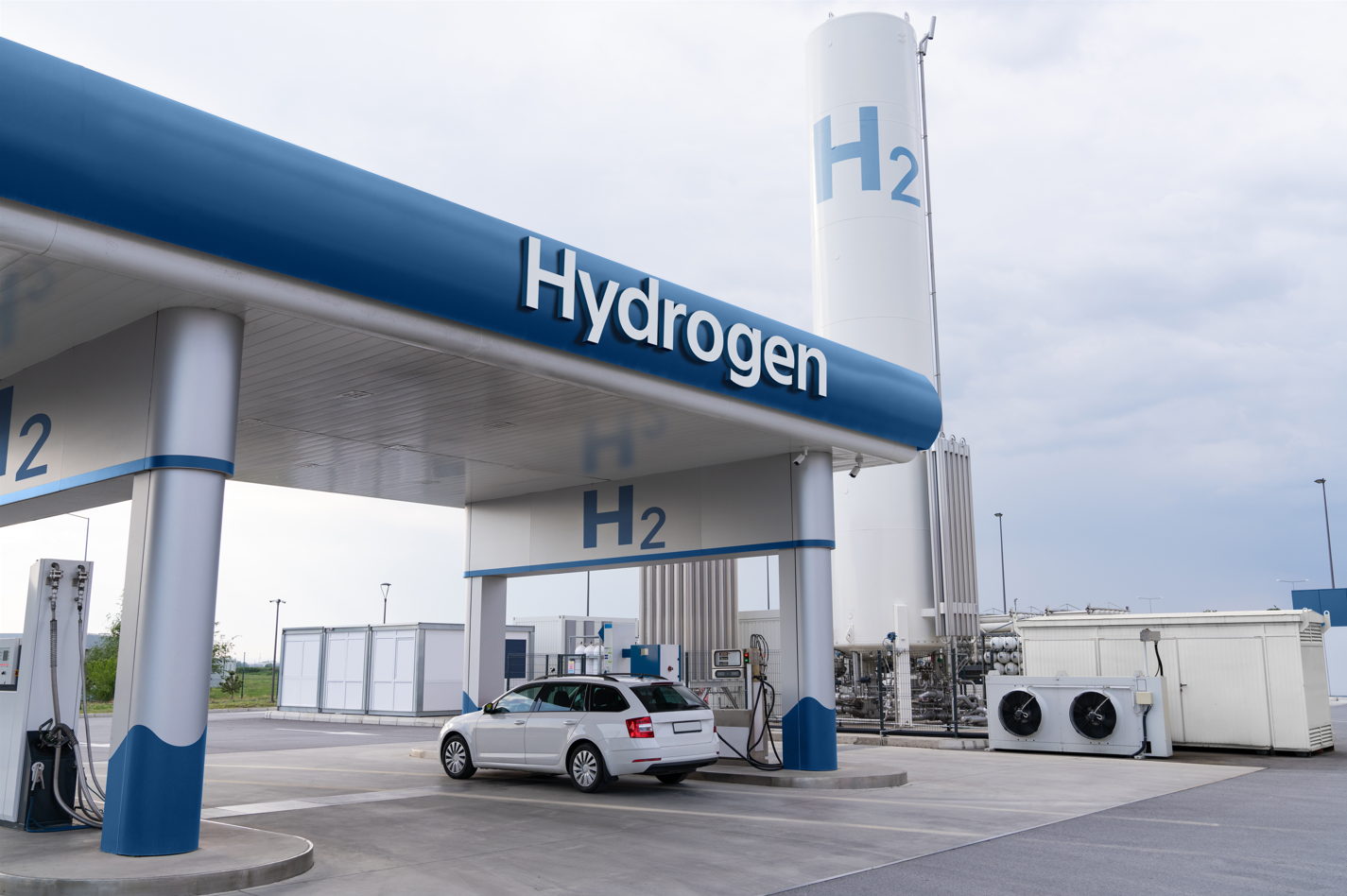Featured Articles
2022-02-11
Lithium electric vehicle just the midpoint, not the end
 Half of the vehicles will be lithium electric vehicles by 2030.
Half of the vehicles will be lithium electric vehicles by 2030.After years of hard work, although there are still unsolved problems of insufficient battery life and excessive charging time, consumers have gradually accepted its green environmental protection argument, and the market penetration has increased significantly. The increase in sales has formed a sufficient economic scale, and the cost has fallen, making the selling price more and more approachable.
On the other hand, in November 2021, the US Congress passed an infrastructure bill of approximately US$1 trillion, of which approximately US$5 billion is to expand the charging network of lithium electric vehicles on highways. The automobile industry has promised that half of the vehicles will be lithium electric vehicles by 2030. Driven by policies, the popularization of lithium batteries will be accelerated. Automakers are also heavily betting their funds on lithium batteries, becoming the main battlefield for the next wave of industry competition.
For example, according to media reports, Europe's largest automaker Volkswagen plans to build six large battery factories in Spain and Eastern Europe in the next ten years, with an investment of up to 30 billion euros, and it is expected to have sufficient production capacity to compete with Tesla. Tesla is also getting aggressive. In addition to its own research and development and production of batteries, it will use the purchased 10,000 acres of land in Nevada to mine lithium mines on its own, and its output can meet the electrification of all vehicles in the United States.
 The popularity of hydrogen energy can drive infrastructure and heavy industrial development.
The popularity of hydrogen energy can drive infrastructure and heavy industrial development.Based on industrial competition, there is nothing wrong with investing in the development of lithium electric vehicles. But desperate, not only has great corporate risks, but also spends huge amounts of money in the non-green supply chain, resulting in irreversible damage to the environment, which will deviate from corporate ideals and world trends. Therefore, if we can base on this fact, strategically treat lithium electric vehicles as a transitional product, and embezzle the huge budget that was originally intended to be spent on the supply chain for lithium electric vehicle to hydrogen vehicles, not only can reduce the impact on the environment, but also speed up the transition. When it comes to hydrogen vehicles, carbon emissions can be effectively suppressed, and it can take the lead in the next round of competition.
As analyzed in this article, hydrogen vehicles are the right path to zero emissions, and commercialization and practicality have been proven feasible in Japan and South Korea in the past few years. This has even affected Australia, where the automotive industry has a weak foundation, and is committed to develop hydrogen energy. Even for German car manufacturers that are conservative with hydrogen vehicles, the German government and its automotive supply chain players, such as Bosch, are optimistic about their success. This is because hydrogen vehicles are not just real environmentally friendly vehicles. The popularity of hydrogen energy can drive infrastructure such as hydrogen fuel plants and pipelines, hydrogenation of trains, factories and household hydrogen fuel power generation, and many heavy industrial development and innovation which are the road to true green energy. This is the reason why hydrogen electric vehicle associated benefits are superior to lithium electric vehicles that rely on the existing power grid to enable. This is the main reason why forward-looking countries, regardless of their industrial structure and the attitude of private enterprises, eagerly embrace hydrogen energy.
References
- 日本写真印刷株式会社 News Release 2014.12.16 : トヨタの燃料電池自動車「MIRAI」に水素ディテクターが採用
- Nissha株式会社 company webpage: 世界で初めて量産FCVに採用されたNISSHAエフアイエスの水素センサー
- 新コスモス電機 2021-3-1 News Release: トヨタ 新型「MIRAI」に 当社の車載用水素ディテクタが採用されました
- 日本特殊陶業 company webpage: 究極のエコカー・FCVの走行性能と安全性を守る「水素漏れ検知センサ」の開発を推進するイノベーターたち
- 日経エレクトロニクス2017/08号 Hot News:東芝が新型の水素センサー、消費電力を1/100以下に:ヒーター不要のMEMSで実現
- EETimes Japan 2016-10-06 消費電力0.01mWの水素センサー、ReRAMがヒントに
- 國金證券 2017- 06- 22 燃料电池行业系列研究之五 氢气安全吗?燃料电池车用氢安全性分析
- Hyndai Motor Group company webpage: How Safe Is Hydrogen?: At the Heart of an FCEV 2019-09-06
- The World News, 2021-12-01 VW expects battery, raw material drive to cost up to €30b https://twnews.co.uk/my-news/vw-expects-battery-raw-material-drive-to-cost-up-to-eur30b
- Financial Post, 2020-09-29, Tesla aims to mine its own lithium in Nevada after dropping plan to buy miner https://financialpost.com/commodities/mining/tesla-aims-to-mine-its-own-lithium-in-nevada-after-dropping-plan-to-buy-miner
- Hydrogen Industry News & Market Intelligence, 2021.04.23, Mr Morrison wanting to produce the “cheapest clean hydrogen in the world” at Australia hydrogen valley https://hydrogen-central.com/morrison-cheapest-clean-hydrogen-world-australia-hydrogen-valley/
- CBR, 2021.03.26 Hydrogen refuelling station opens in Canberra https://www.act.gov.au/our-canberra/latest-news/2021/march/australias-first-public-hydrogen-refuelling-station-opens-in-canberra
- Green Car Congress, 2021.-04-06 Toyota launches hydrogen production and refueling facility in Australia https://www.greencarcongress.com/2021/04/20210406-toyota.html
- Hydrogen Council, 2020.01 A comprehensive cost perspective on hydrogen applications and technologies
- 日本經濟新聞 2021-08-12 水素価格3分の1へ 岩谷産業、本格普及に挑む 関西企業攻める
- Nature, 2021-08-17, Electric cars and batteries: how will the world produce enough?
- Rec Anything, 2021-01-29, Electric Car Battery Recycling - How it's made (a great documentary!) https://www.youtube.com/watch?v=jn3SPW0huBI
- Green Card Report, 2020-04-28, Toyota has sold more than 15 million hybrids globally
- The Driven, 2020-02- 08, Tesla sold quarter of all global electric vehicle market in 2020
- The Verge, 2021-09-28, ELON MUSK, LIVE AT THE CODE CONFERENCE
- Hyndai Press Release, 2021-09-07, Hyundai Motor Group presents its vision to popularize Hydrogen by 2040 at Hydrogen Wave Forum
- BP Statistical Review of World Energy 2020 |



